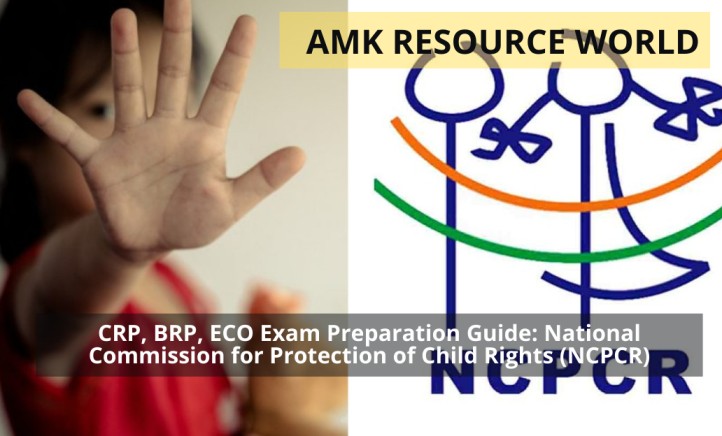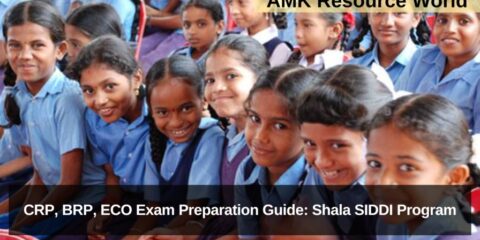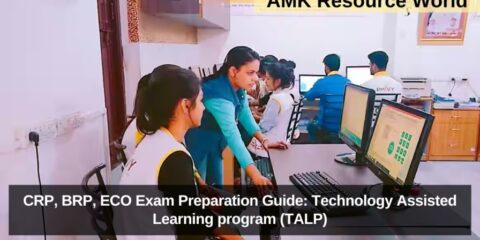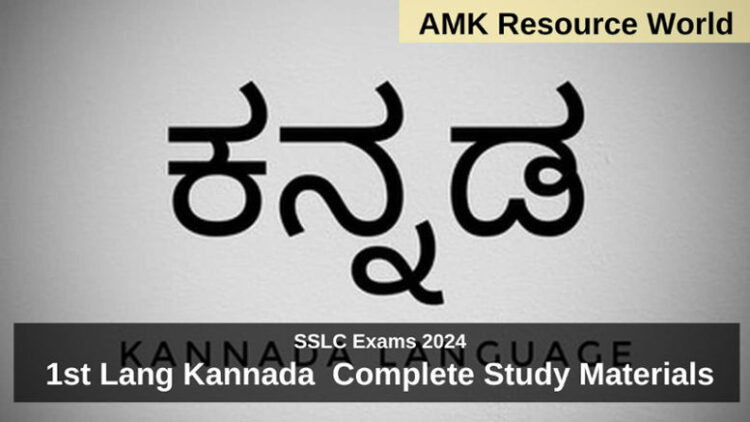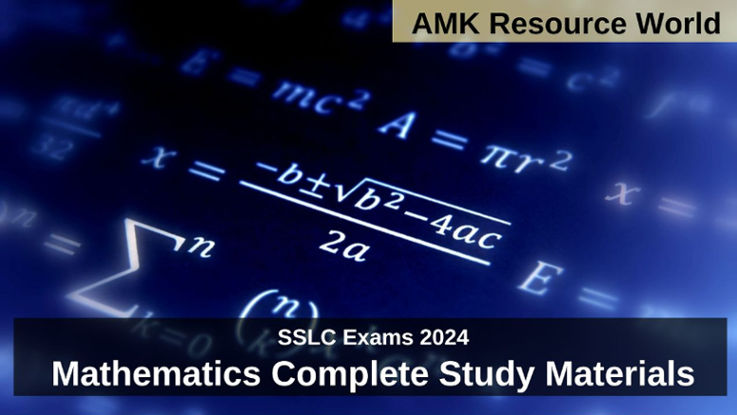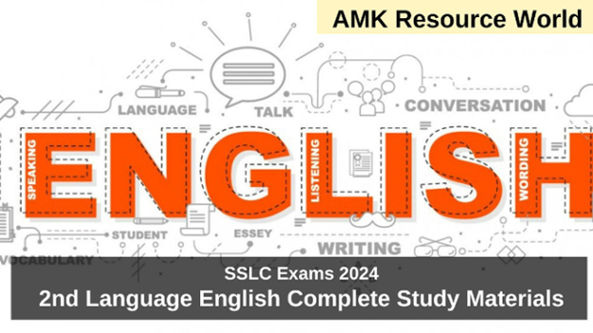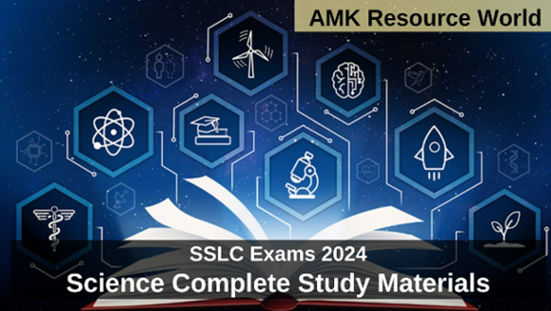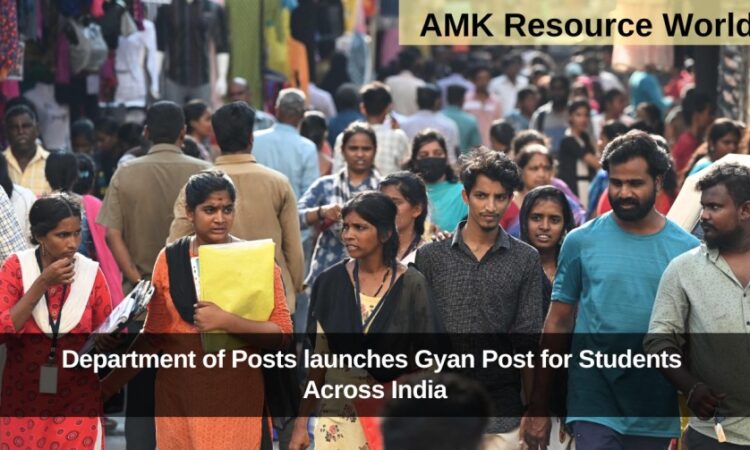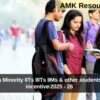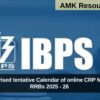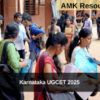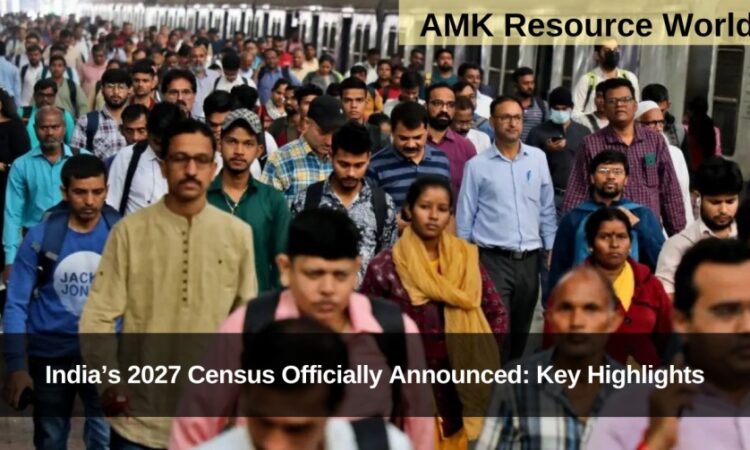The National Commission for Protection of Child Rights (NCPCR) is a statutory body established in March 2007 under the Commission for Protection of Child Rights (CPCR) Act, 2005. Functioning under the Ministry of Women and Child Development, Government of India, the NCPCR is committed to ensuring that all laws, policies, programs, and administrative mechanisms are in consonance with the child rights perspective as enshrined in the Constitution of India and the United Nations Convention on the Rights of the Child (UNCRC).
VISION AND MISSION
The vision of the NCPCR is to ensure that every child in India enjoys their rights to survival, development, protection, and participation without any discrimination. The Commission emphasizes the primacy of the child’s well-being and views children as individuals with equal rights and entitlements. Its mission is to protect and promote the rights of all children, especially those who are vulnerable, marginalized, or victims of abuse and neglect.
ROLES AND RESPONSIBILITIES
The NCPCR plays a multifaceted role in safeguarding child rights across India:
Monitoring Implementation: It monitors the implementation of various constitutional and legal provisions related to children, such as the Right to Education Act (RTE), the Juvenile Justice (Care and Protection of Children) Act, and the Protection of Children from Sexual Offences (POCSO) Act.
Policy Review and Recommendations: The Commission reviews existing policies, laws, and practices and recommends necessary amendments to enhance child welfare.
Inquiry and Investigations: It inquires into complaints and takes suo motu cognizance of matters relating to the deprivation of child rights.
Awareness and Advocacy: NCPCR organizes awareness programs and publishes materials to educate stakeholders about child rights and protection.
Research and Data Collection: It conducts studies and collects data to inform policy decisions and public discourse related to children’s issues.
FUNCTIONS AND KEY INITIATIVES
NCPCR actively collaborates with central and state governments, non-governmental organizations, and civil society to address child rights issues. Some of its prominent functions include:
| Also read: CRP, BRP, ECO Exam Preparation Guide: National Education Policy (NEP) 2020 |
Monitoring RTE Implementation: Ensuring free and compulsory education for children aged 6 to 14 years.
Child Helpline and Grievance Redressal: Handling complaints of child abuse, exploitation, or rights violation.
Rescue and Rehabilitation Programs: Facilitating the rescue of children from hazardous occupations, trafficking, and abuse, and supporting their rehabilitation.
Training and Capacity Building: Providing training modules for teachers, CRPs, BRPs, and educational officers on child rights awareness and child-friendly education policies.
IMPORTANCE FOR EDUCATORS AND EXAM PREPARATION
For CRP, BRP, and ECO aspirants, understanding the structure, functions, and objectives of the NCPCR is crucial. Exam questions may cover topics like child protection laws in India, the role of NCPCR in implementing RTE, and major child welfare schemes. Familiarity with key documents, awareness campaigns, and legal provisions such as the Child Labour (Prohibition and Regulation) Act and the POSCO Act is essential.
The NCPCR plays a pivotal role in shaping a child-centric approach in India’s governance and education system. As future educators and child welfare officers prepare for competitive exams, a deep understanding of the NCPCR’s responsibilities and child protection laws will not only enhance their exam readiness but also empower them to serve as advocates for child rights in their professional roles.
MULTIPLE CHOICE QUESTIONS WITH KEY
| MCQ | CLICK HERE |
RESOURCE HANDBOOKS
| Handbook 1 | CLICK HERE |
| Handbook 2 | CLICK HERE |
| Handbook 3 | CLICK HERE |
| Handbook 4 | CLICK HERE |
